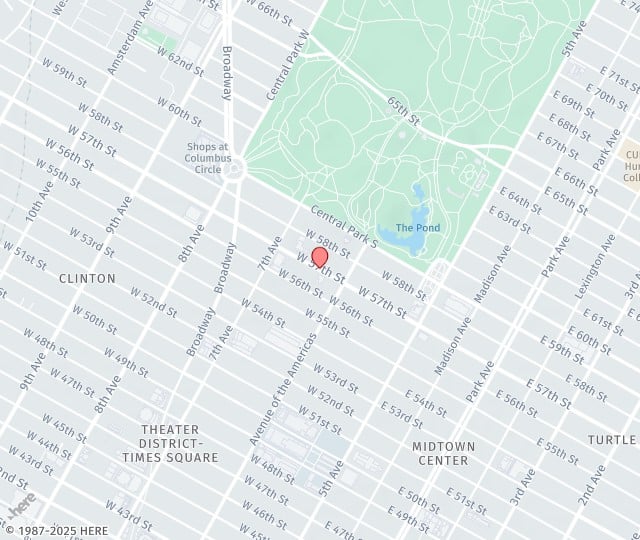Dealing with Alzheimer’s Disease
Currently, 5.3 million Americans are afflicted with Alzheimer’s, often leaving family members to make sure that their health and welfare are maintained. It’s very important not to underestimate the severe toll this disease leaves on close relatives and loved ones. Despite recent advances in confirming an Alzheimer’s diagnosis, definitive treatments are still years away. Only five drugs are currently in late-stage clinical trials according to Dr. Paul S. Aisen, director of the Alzheimer’s Disease Cooperative Study and professor of Neuroscience at UC San Diego.

Many companies have targeted this disease, however, Eli Lilly alone has a pipeline of seventy molecules in some stage of development.
Procedure
As healthcare providers, dentists face special challenges because of continuously diminishing patient cooperation in the chair, decreased efforts at home care, difficulty in communicating pain and sensitivity, or informed consent issues. Navigating these special needs requires a big picture approach. In fact, our entire model of care may need re-evaluation. Dentists typically practice under the “surgical” model; meaning that if something needs repair, we fix it. The medical care model involves disease management. Under the “medical” model, the benefits of invasive dental procedures need to be weighed against risks of sedation or general anesthesia, which are necessitated because patients’ dementia renders them incapable of cooperation otherwise.
Results Of Patient Care
If patients are eating well, have no pain or swelling; leaving dental disease that would otherwise be considered treatable may be the best medical decision. For this not to be considered neglect, consultations with treating physicians and family must be obtained along with documentation explaining the treatment rationale. Medical management may include preventive care, palliative treatments, and education for home or institutional caregivers. This medical management can include fluoride varnish, high fluoride toothpaste, casein phosphopeptide (CPP) and amorphous calcium phosphate (ACP) application, frequent hygiene visits, glass ionomer restorations, and eugenol based temporaries. A dedicated, supportive dental team is integral to successful hygiene appointments and nutritional education of caregivers.
When intervention is necessary, and traditional topical and local anesthetics are insufficient means for restorations or extractions; some form of sedation may be necessary. My experience has been that very small dosages of sedatives can be extremely efficacious in the geriatric population because of generally reduced anesthetic requirements. Small dosages of oral midazolam (.1mg/kg) or triazolam (.125mg for a 70kg adult) in combination with nitrous oxide is all that is required in most cases for limited procedures. Determining a reasonable treatment plan is the key to success.
Call our office (212) 974-8737 if you are located in New York City, Westchester County, Long Island, Rockland County, Connecticut or New Jersey and would like to know more information about Alzheimer’s and dentistry.

